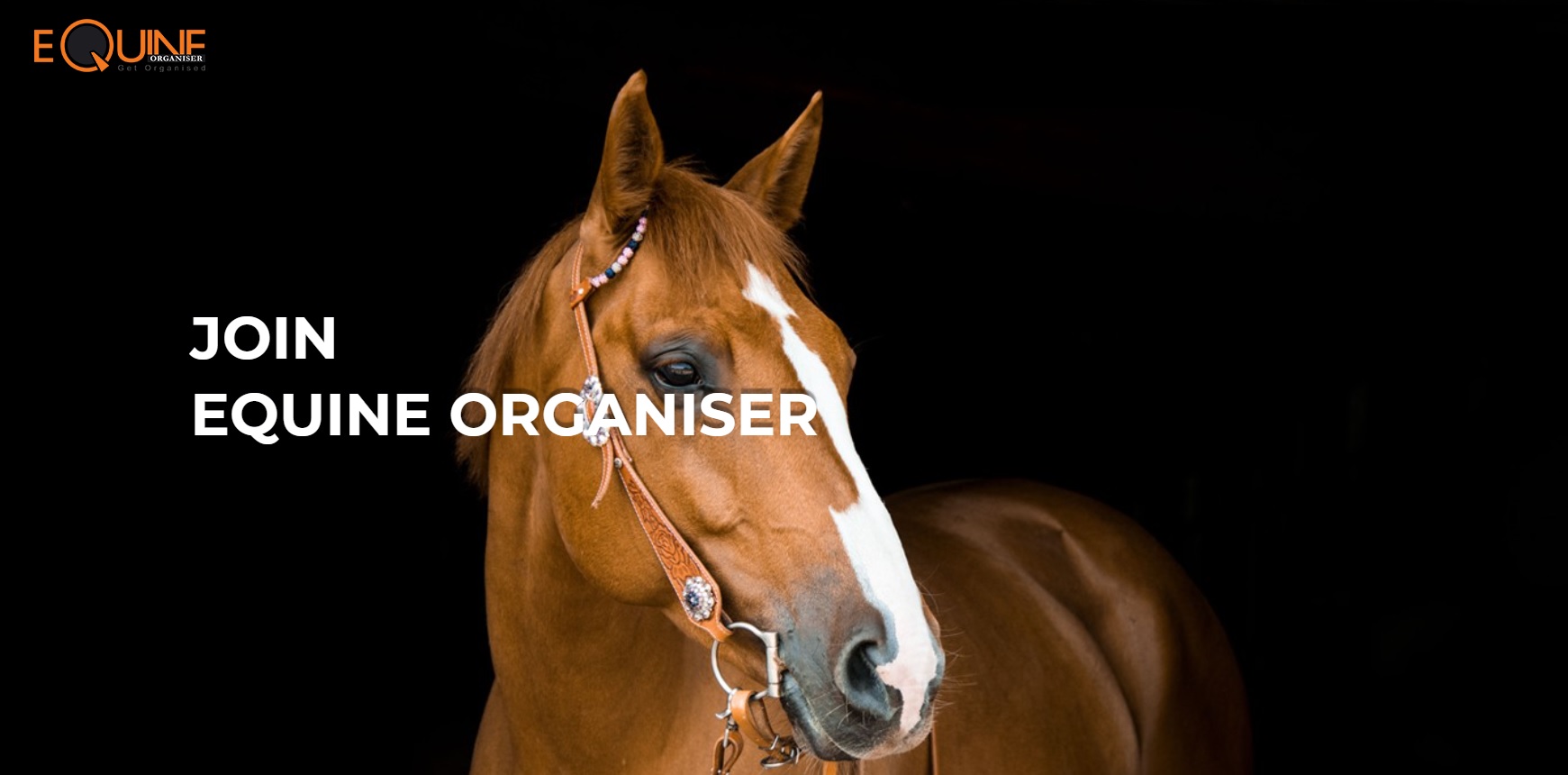15-Feb-2021

Like any other companion animal, horses also require proper care to stay fit and sound throughout the year. However, the reality is that horses require more care than cats and dogs need. Also, one needs to invest a significant amount of time and money in looking after a horse's several nutritional and fitness needs. Hence, horse owners hire therapists and caretakers to ensure that their horse stays healthy and fit all the time.
It needs to be understood that all horses are not the same, and every one is unique. Hence, every horse has its individual needs. That is why horse owners work with nutritionists, therapists, barn managers, and other equine experts. That being said, some guidelines need to be followed when assessing your horse's care. Nowadays, horse owners call Equine Organiser, a reputed organization for providing several horse maintenance services in the US.
First of all, horses have some basic survival requirements: water, food, companionship, and shelter. Check out the given below points that discuss these four points and prove how they are essential for horses' best maintenance.
It is needless to say that hydration is the most significant need of horse’s healthcare. They drink about 5-15 gallons of water per day. Hence, clean water must be kept near the horses to drink anytime they feel thirsty. Also, the horse's water source should be checked many times in a year because horses may drink more water during the summer and in the cold months, the water source may become frozen.
Furthermore, when the horse is a heavy drinker or sweats heavily, just offering a clean water source may not be enough. In that case, putting daily electrolytes is a wise thing to do for supplanting minerals and salt that is lost through sweat. Also, it encourages your horse to drink water.
Indeed, horses have evolved with time, plus their bodies have adapted to a specific way of eating. They are also known as 'trickle feeders,' which means that they intake food throughout the day. They would graze on the grass fields for 17-20 hours if it were up to them. However, it cannot be denied that we do not have vast acres of land with quality pasture for equine feeding.
In such scenarios, the foundation of the diet should be forage. A horse needs to feed on forage that should be 1-2% of its body weight every day. Hence, when a horse weighs 1000lb, it should eat 10-20lbs of hay or other roughage. Also, if the horse does not have access to enough fresh pasture or has dietary restrictions that limit its pasture intake, offering high-quality hay is the best way to meet the food requirements.
Besides, horses cannot depend entirely on forage alone. Hence, one should include multi-vitamin supplements to complete its nutritional requirements. They also need extra calories to boost the performance and maintain a healthy weight. To ensure, it is essential to offer fortified grains.
Since horses are herd animals, companionship is an integral part of life. Particularly they find great comfort in being a part of a group. Balancing the personality of a horse can be a challenge, yet when your horse can socialize with other horses, they stay happy and peaceful.
Another significant part of horse care is providing them the right shelter to find themselves living in a comfortable place. This animal copes well in both heat and cold atmosphere by regulating its body temperature. Nevertheless, every horse requires an ideal shelter to remain protected from natural elements.
Overall, equine care is not an easy job. As said before, it requires a significant investment of time and money to ensure a horse's good health.
Certain jockeys are trained to ride a high number of winner horses. Some wonder
29-Apr-2021